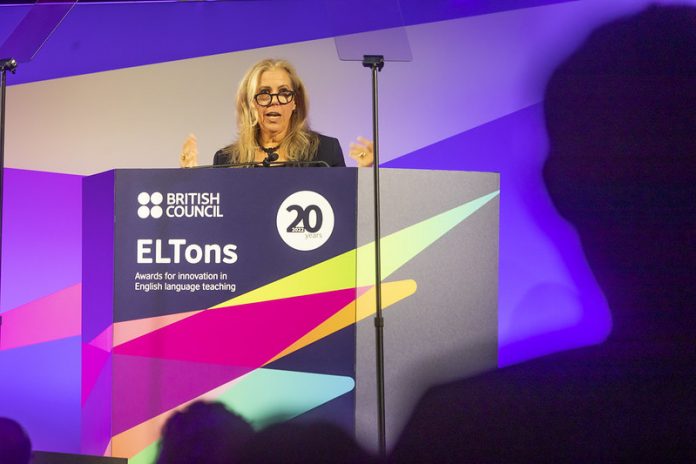When Stevie Spring, chair of the British Council, opened the ELTons awards ceremony (see opposite page), she made an important announcement. There were, she said, looking towards Council staff for confirmation, now once again 400 UK language centres accredited by the British Council.
There was a sharp intake of breath from the audience and a smattering of applause. But the announcement begged two questions: first, are there really 400 accredited centres? And, second, are more accredited centres what the UK industry really needs?
The answer to the first question is that there are just about 400 schools, based on public domain information. The document we are told to rely on is the British Council summary statement. The day after the award ceremony it had 398 names listed, though four schools are listed twice, once with, ‘The’ listed before their name and once without. So the real total was 394.
But by 9th December the figure was raised by one, as a school whose name had previously appeared without a full report on the British Council site was fully accredited. Since there are six schools still listed without a report, this suggests that the reason for the 400 figure is that more centres have been accredited, but have not yet had their reports published.
Counting the numbers does not end there. We also know of a small number of zombie schools which are still accredited, but which don’t appear to be running face-to-face language courses anymore. Two are advertising courses run in collaboration with other schools – in one case the partner school is an unaccredited summer operation – while another has moved its accredited adult courses to Ireland. All traces of one have disappeared completely from the web and a Google map search suggests the building it was in is now a student residence.
Since we have only made a quick search of schools we have on our watchlist, rather than checking every one, we have decided not to name the schools, but we have made the British Council aware of the facts we have uncovered, in some cases more than once.
Having accredited centres channelling students to the unaccredited sector or diverting them to Ireland is not very helpful to the agents and students who rely on British Council accreditation when choosing a language centre. Nor is it of the slightest help to other UK accredited schools.
In fact, the answer to the second question – is the increase in the number of accredited centres good news? – might be true for the two entities which own the accreditation scheme, the British Council and English UK. They depend on accreditation fees to keep the scheme going.
But an increase in local competition may be the last thing any private language school needs.
And, for the worst-hit segment, the year-round private language schools, it may pose a particular risk. It is true that 66 year-round schools operating in March 2020, or 32% of the then total, have closed or left the scheme. It is also true that only 10 year-round schools have been accredited since Covid first hit.
But this segment of the market was in trouble well before Covid arrived. According to Gazette research based on a sample of 40 year-round schools, financial records lodged at Companies House showed that 30% had reported four years of negative balance sheets by the end of 2019. Fifty percent had done so for at least two of the same four years.
Things did not look much better for many schools in 2022. Of the 36 schools inspected this year, half had four teachers or fewer at inspection and one had none at all. Just 20% had seven teachers or more.
Eighty schools were inspected in 2019. Again, on average, they employed four teachers and two had no teachers at inspection. However, over 40% had between seven and 17 teachers.
It is some of the very largest schools that may be facing the biggest problem – one school had 450 fewer students enrolled in 2022 than it had at its last inspection.
The supply of year-round language schools is still, it seems, outstripping the demand. Unless the pound falls against the euro, the Chinese come back in large numbers and Government policies towards language students change, demand does not look set to improve much any time soon.
Accrediting still more language schools can surely only make matters worse.
In places where the supply of schools has fallen most dramatically, however, recovery seems to be much stronger.
Look at Edinburgh. Exactly half of the city’s 14 year-round accredited schools closed down during Covid. However, if the local press is to be believed, the survivors are beginning to thrive: Kaplan is moving, reportedly to bigger premises, and the Language Institute has found a permanent home. Meanwhile Alba, which survived the pandemic thanks to its local students and to its teachers (all of whom came back when the lockdowns ended), is celebrating its 10th anniversary by moving into a bigger space.
Now that is an achievement worth applauding.







